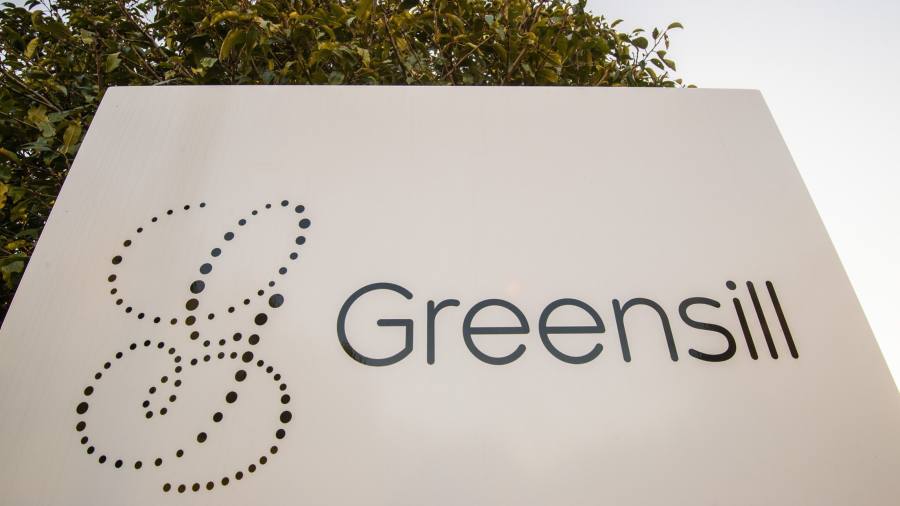
An underwriter who signed off on billions of dollars of insurance policies for Greensill Capital ahead of its collapse has alleged that the finance company “induced” him into providing cover through “misleading and deceptive conduct”.
Greg Brereton, who worked for Sydney insurer Bond & Credit Co, set out his defence in a court filing in response to a case brought by US investment firm White Oak, which bought some of the debts owed to Greensill Capital by steel group GFG Alliance, against Australian insurer Insurance Australia Group.
It is the first time that Brereton has issued any statement on the collapse last year of SoftBank-backed Greensill Capital following the cancellation of its insurance cover.
BCC provided $10bn worth of coverage against the risk of default on Greensill Capital’s lending to its clients, which was then packaged up into investment products and sold to investors such as Credit Suisse.
Underlining Brereton’s importance to the company’s financing model, former UK prime minister David Cameron — who earned millions of pounds as an adviser to Greensill — once visited the Australian insurance executive in BCC’s Sydney office.
Brereton’s relationship and email exchanges with Greensill Capital’s Australian founder Lex Greensill form a critical part of the Australian court case that will be a test case for insurers and reinsurers, as well as investors, who stand to lose billions on their investments with Greensill if the policies do not pay out.
Brereton’s filing alleges that Greensill’s companies engaged in “misleading and deceptive conduct” that induced him into signing off on the cover. He said he would not have approved had he not been misled by Greensill and blamed the “misrepresentations” for any losses or damages claimed by White Oak.
Court documents filed by BCC allege that Greensill failed to disclose material details during negotiations with Brereton over insurance cover and in one case presented him with customers “based on their perceived attractiveness to an insurer”.
Brereton, however, also laid some of the blame on insurer IAG, which he said had also “misled” him.
IAG, whose subsidiary Insurance Australia Limited is named on the key insurance policies, told investors last year that the sale of its 50 per cent stake in BCC to Tokio Marine in 2019 had eliminated its exposure to Greensill.
It has also argued in its defence that BCC overstepped its authority by providing oversized levels of cover to Greensill, including outside Australia, and that it had not approved the wording and structure of the policies.
Brereton said in the filing that BCC did have the relevant authority and that IAG was aware not only that the coverage was in place, but that it received a premium on the products. He said the insurer received a “bordereau” each month that identified the premium.
IAG declined to comment on his response.
Brereton said nonetheless that the policies he signed off with Greensill did not indemnify White Oak because of the alleged misrepresentations.
Japanese underwriter Tokio Marine — which bought out BCC in 2019 — in April accused Greensill Capital of using “fraudulently obtained” insurance policies, saying the claims against its unit were thus void.
Brereton and Greensill’s administrator Grant Thornton did not immediately respond to requests for further comment.